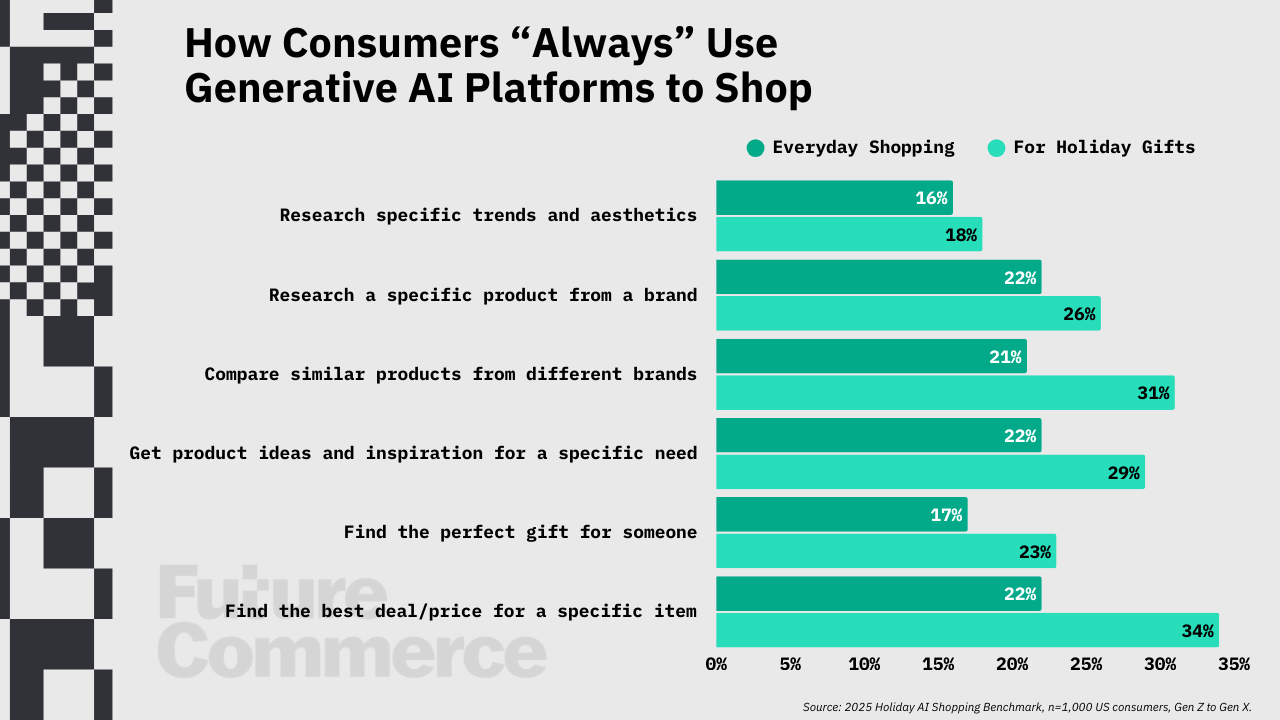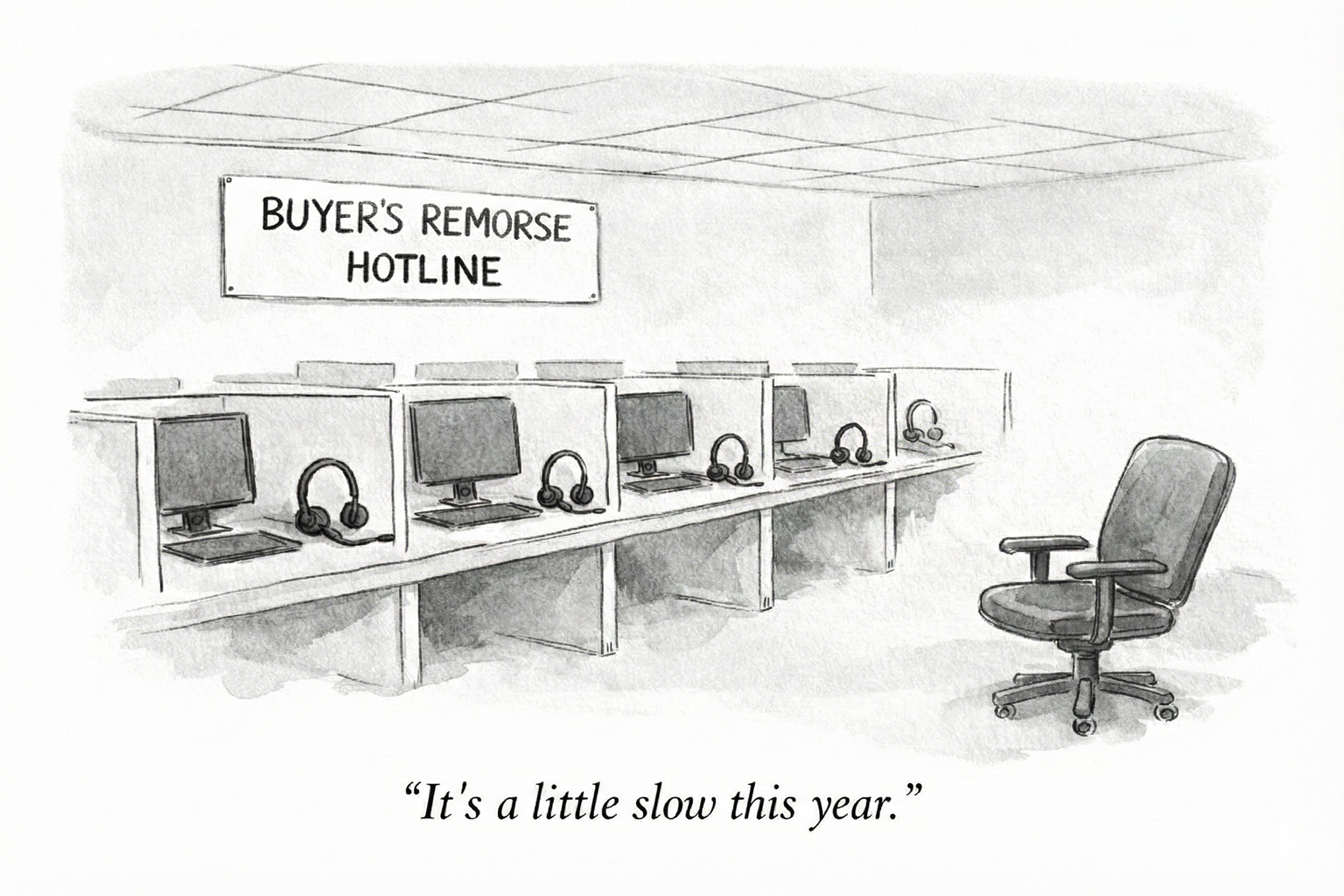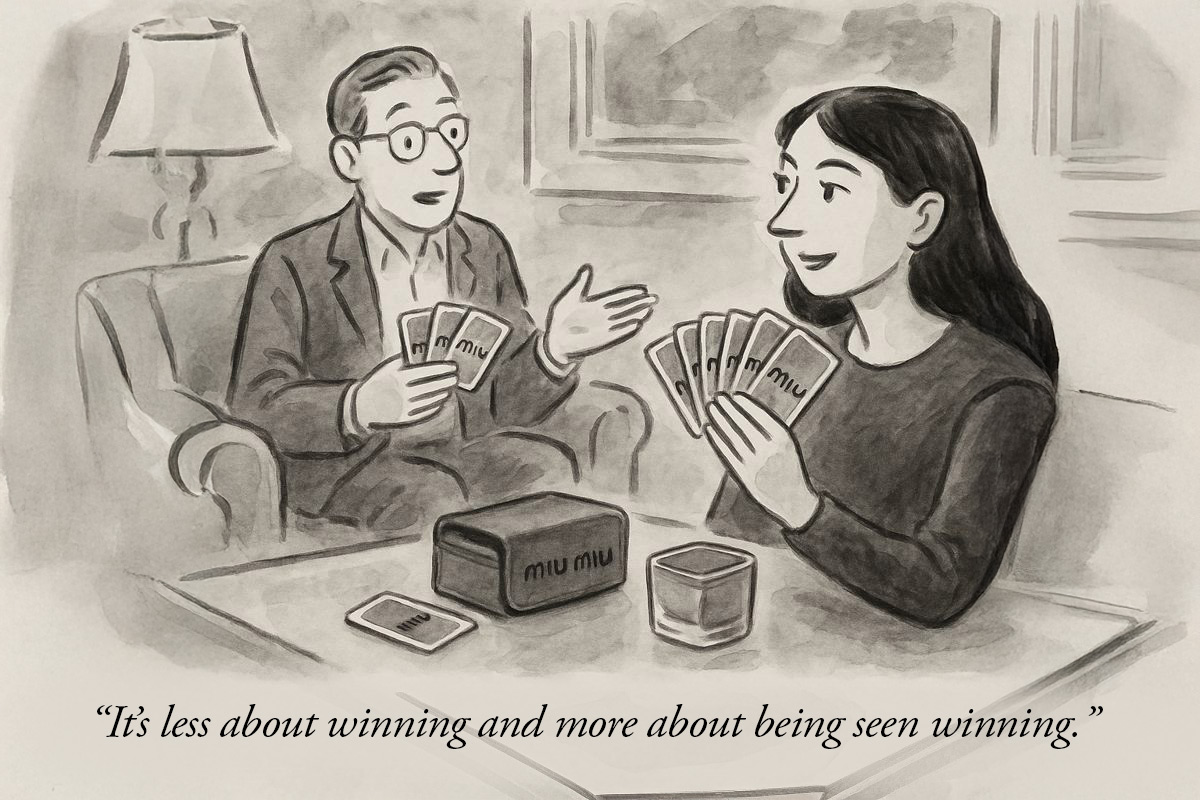The Pygmalion Effect: the future is a self-fulfilling prophecy

The future is predetermined.
Our vision of the future is somewhat limited by what popular science, cultural awareness, and science fiction have already laid out for us. Ray Bradbury, Philip K. Dick, even Michael Crichton, they’ve already written about our future. The technologies we have today are the fulfillment of the work of creative imagination that took place decades in prior decades.
Greek poet Ovid wrote of Pygmalion, a sculptor, who became so enamored with his own creation he begs the gods to bring her to life, and they do so. High-speed rail, global telecommunications, pocket-sized touch screen devices—these are all examples of The Pygmalion Effect.
The Pygmalion Effect is an example of an other-imposed self-fulfilling prophecy that states the way you treat someone has a direct impact on how that person acts. If another person thinks something will happen, they may consciously or unconsciously make it happen through their actions or inaction.

When thinking about these past ten months of 2021—the collective excitement around crypto, the bull market in NFTs, the hordes of people using services like Discord to organize, the rise of Decentralized Autonomous Organizations, and the new breeds of corporations they enable—it’s astonishing the pace of adoption and willingness for disruption that developers and community members are welcoming. Their efforts have pushed Zuckerberg into a full-on change of narrative, and he’s betting the company on it.
The Metaverse becoming self-fulfilling, based on external stimulus, is analogous to a 1968 study performed by psychologists Rosenthal and Jacobsen. In it, they conducted an experiment to see whether student achievement could be self-fulfilling, based on the expectations of their teachers. From Simply Psychology:
Rosenthal and Jacobsen gave elementary school children an IQ test and then informed their teachers which children were going to be average and which children were going to be ‘Bloomers’, the twenty percent of students who showed “unusual potential for intellectual growth”
However, unknown to the teachers, these students were selected randomly and may or may not have fulfilled that criteria. After eight months, they came back and retested the children's intelligence.
The results showed that Bloomers IQ scores had risen (experimental group) significantly higher than the average students (control group), even though these academic bloomers were chosen at random. The bloomers gained an average of two IQ points in verbal ability, seven points in reasoning and four points in over all IQ.
In our version of this reality, Meta will bring the Metaverse to consumers whether they’re ready for it or not, based on the external stimuli of an incredibly passionate and vocal community of crypto and defi enthusiasts.
To be fair, the bet seems like a sound strategy. In the shift to mobile devices, Facebook ceded its fate to carrier networks and device manufacturers; namely, Apple, Google, and Samsung. Now it is manifesting the possibility to own the hardware gateway to the Metaverse, with its ownership of Oculus, positioning AR and VR as a meta-layer on top of the real world.
Meta’s attempt to own the devices and the platform; which seems counter to the narrative that makes most Web3 proponents so bullish; which is c. To date, the crypto community relishes the ability to remain anonymous. VC firms are investing in pseudonymous founders of crypto projects. This is fundamentally at odds with Facebook’s view of the Metaverse: real identities, and real people, in a virtual world.
Facebook has survived at least three fundamental shifts in technology in just twenty years: it won social media, it survived the smartphone wave, and it changed culture forever (for better or worse). Now, for it to survive the next cultural shift, it must fulfill our predetermined future.
— Phillip
For more on the Metaverse, read our entire chapter devoted to it in our Nine by Nine Report.

Farewell, Facebook. The social media’s new moniker has officially been chosen. And it’s—underwhelming? “Meta,” as it has been dubbed, is looking toward the future. According to Zuckerberg, "From now on we're going to be metaverse first, not Facebook first."
Meta’s announcement became self-referential (meta? much?) with inclusion of sunblock and Sweet Baby Ray’s BBQ sauce conspicuously placed into the background of two of the camera shots during the announcement, seemingly a commentary on how the media have made fun of Zuckerberg in the past; namely, wearing excessive amounts of sunscreen or posting videos while, quote, “smoking meats.”Or, as The Atlantic put it, Facebook is boring.
Singles gonna spend. A livestreaming salesman in China known as the “lipstick brother” sold an amazing $2 billion worth of goods in a single day during Alibaba’s annual shopping festival to celebrate men and women who are not in relationships.

Out of this world generosity. Some CEO’s celebrate company success by going into outer space and thanking their employees for making their dreams come true. Spanx founder and CEO Sarah Blakely celebrated the company’s valuation of $1.2 billion by giving all her employees $10,000 and two first class plane tickets to anywhere in the world. Kind of similar.

This home styled by the Waltons. Walmart’s partnership with Gap is expanding. Thursday they announced Gap Home Furniture would be launching on Walmart.com in coming weeks and shared a lookbook of what is to come. It’s feeling very Target and Magnolia Home, and we’re not hating it.

Uncle Hershel, at your service. Cracker Barrel has launched a ghost kitchen in LA to deliver their dishes via DoorDash, Uber Eats and Grubhub. I have to say—I’m a little baffled. I love delivered food as much as the next guy… but when I think of sustenance to nosh on from home, I rarely contemplate the option of an old time country breakfast. Plus, half the reason for dining there is to be surrounded by old, rusty harvesting tools and photos that could very well be my disapproving great, great aunt Mildred, followed by the shame of considering some nostalgic candy with a name like “horehound” while I wait to check out.


Unexpected modeling career. An image of BJ Novak found its way onto a public domain site and now he has become a stock image model for a hilarious array of products world wide. In the best celebrity reaction to something like this ever, Novak said he’s “too amused to do anything about it.”

What is value? MSCHF is up to their—well—mischief again, by mixing an original Andy Warhol piece with 999 forgeries and destroying any evidence as to what is real and what isn’t. All the while commenting on the value of art in relation to the number of originals in existence, versus the overall revenue generated by larger quantities of a print.











.svg)
